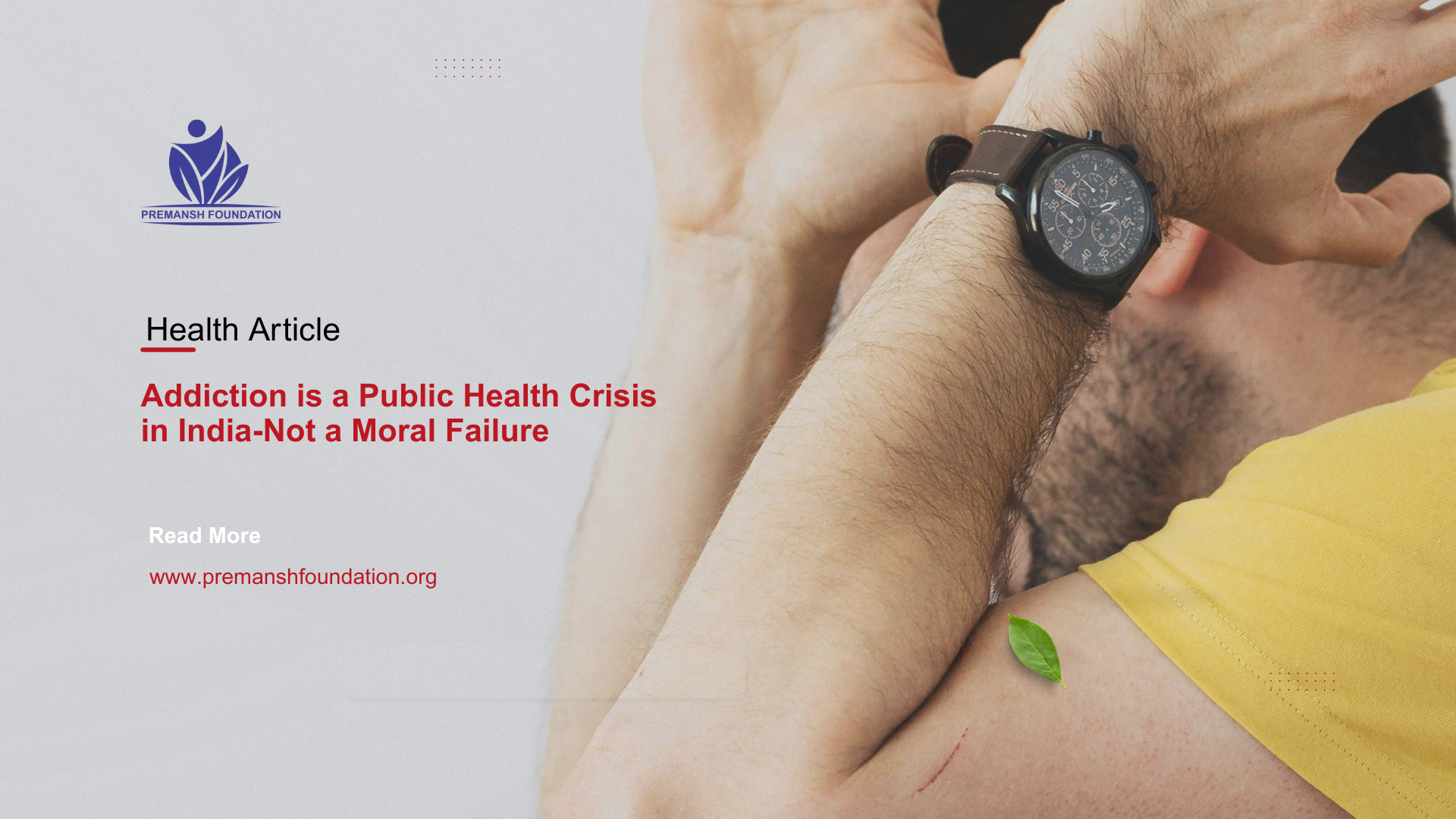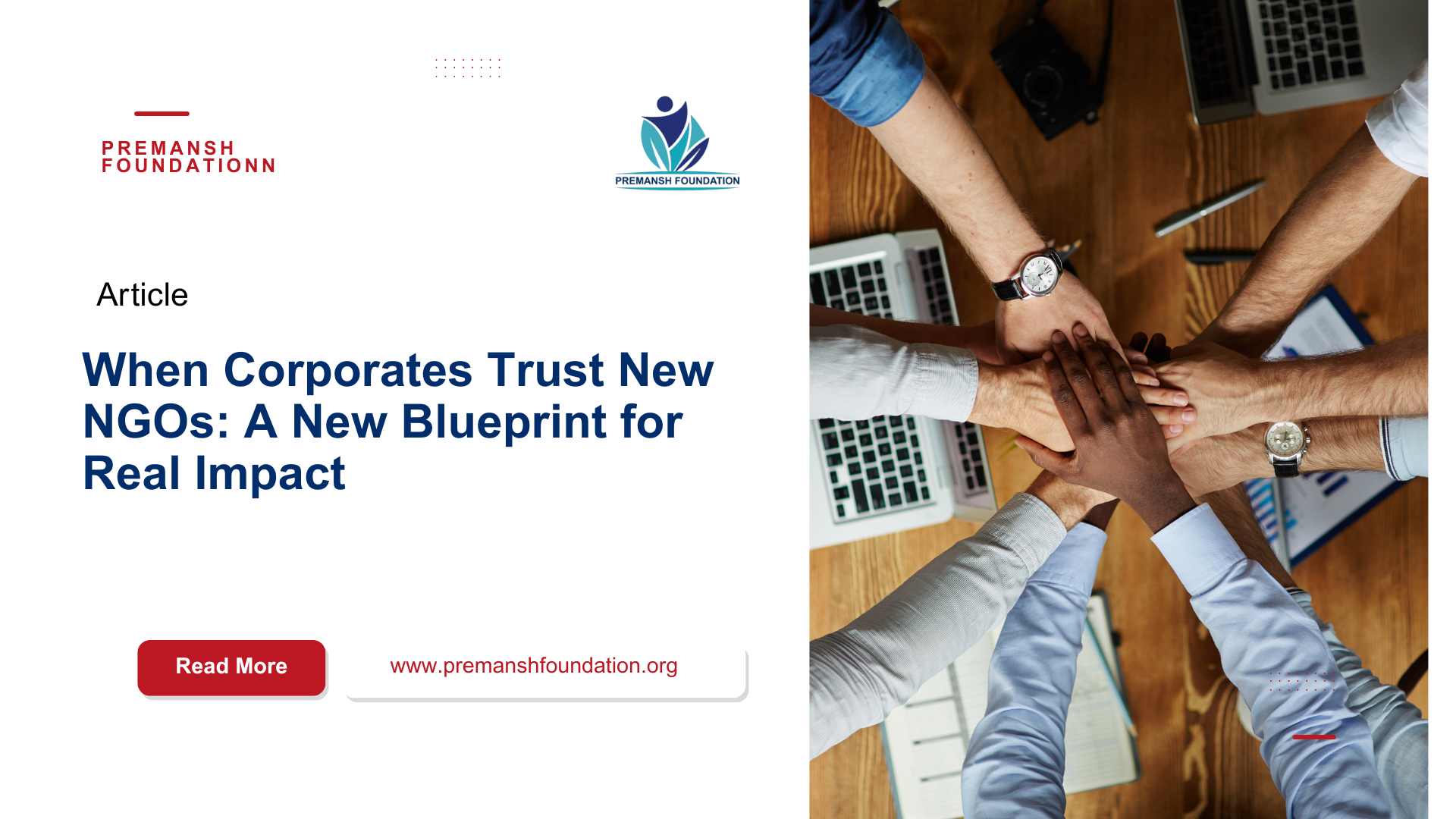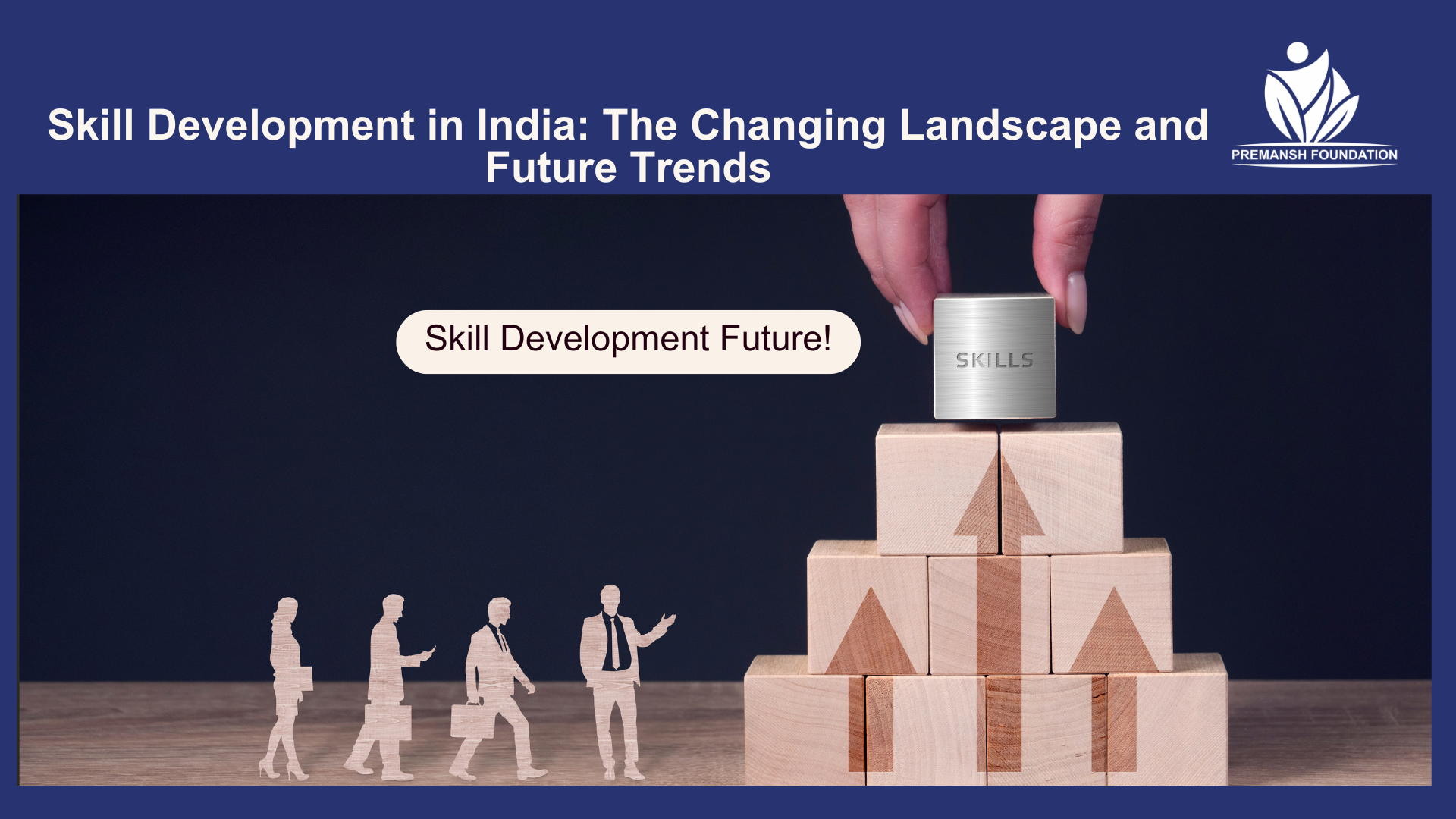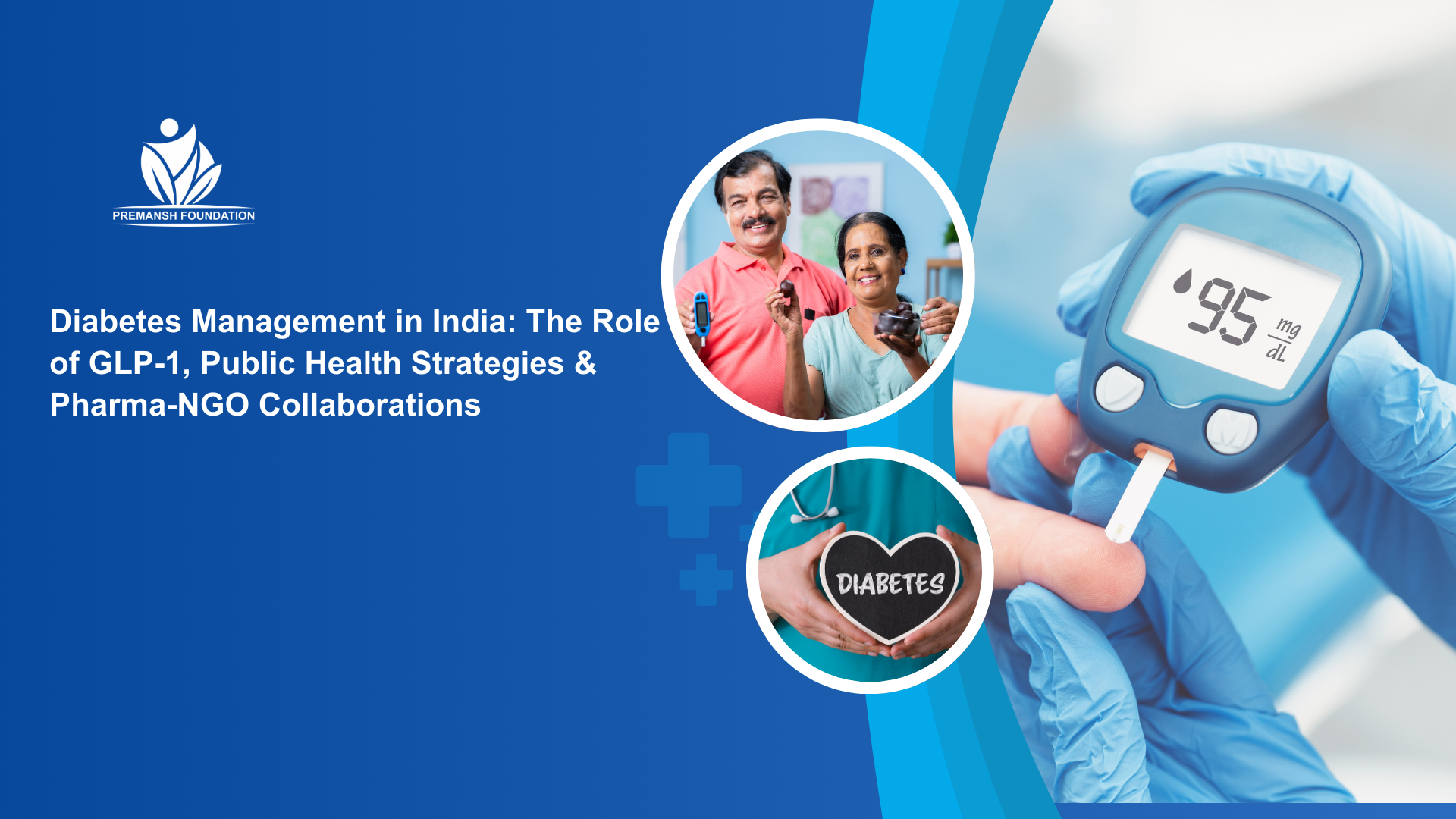CONNECT II COLLABORATE II CREATE IMPACT

Blogs
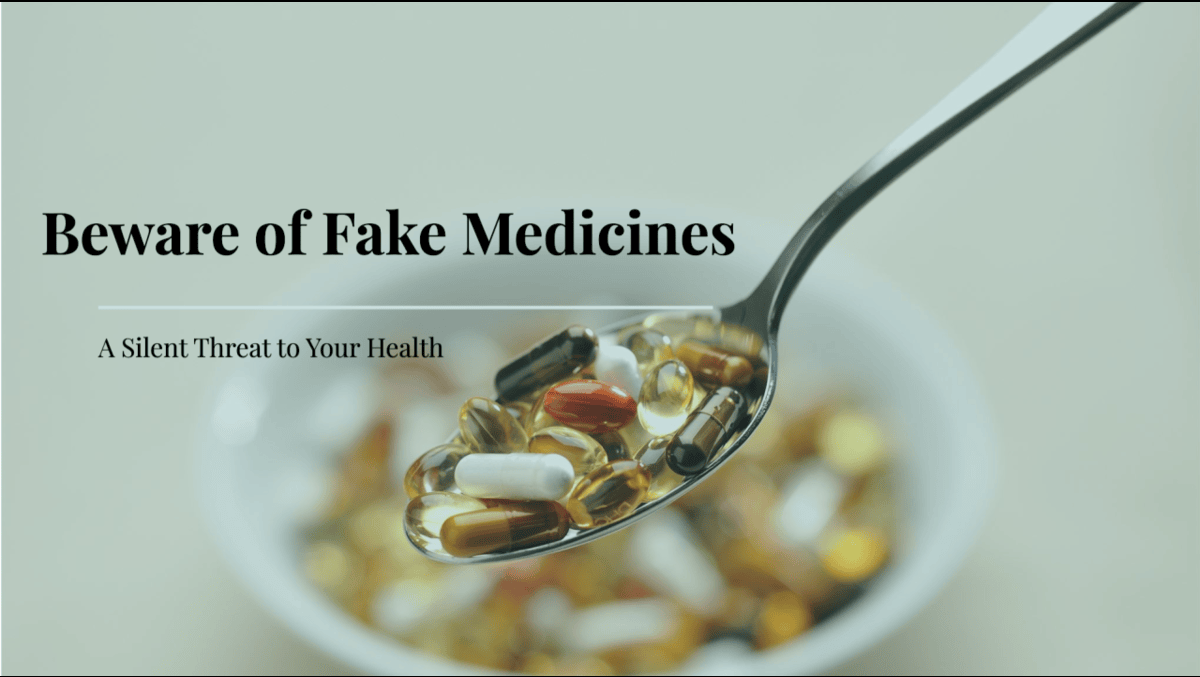
"Fake Medicines: A Silent Threat Worsening Health Problems" 5, December, 2024
Imagine turning to a pain-relieving medicine to ease discomfort, only to discover that it not only fails to work but also worsens your condition. This is the grim reality for countless individuals today, as the proliferation of counterfeit and sub-standard medicines quietly undermines public health. The issue is particularly alarming in India, where recent findings reveal a worrying percentage of drugs failing to meet quality standards.
The Growing Concern
According to reports by the Central Drugs Standard Control Organization (CDSCO), routine inspections of medicines have uncovered a significant number of sub-standard and even fake drugs in circulation. In 2023-24 alone, out of nearly 3,000 drug samples tested, 282 were declared sub-standard, while some were outright spurious. Among these are commonly prescribed antibiotics, supplements, and pain relievers. The report also flagged four products, including popular calcium and prostate treatments, as “spurious,” manufactured by unverified companies. These medicines fail to provide relief, delay effective treatment, and can sometimes cause severe side effects, worsening the patient’s health.
Who is at Risk?
The issue isn’t limited to uneducated or rural populations. With counterfeit drugs infiltrating supply chains, even urban, well-informed consumers are at risk. From common over-the-counter painkillers to essential medicines for critical conditions, the reach of fake drugs is vast. Experts warn that these low-quality drugs can lead to complications ranging from organ damage to worsening chronic diseases.
Why is This Happening?
Despite regulatory efforts, the production and distribution of fake medicines persist due to several factors:
- Lack of strict enforcement: While inspections are conducted, there are gaps in monitoring and penalizing offenders.
- Weak supply chain management: Counterfeit drugs often enter through poorly regulated distribution channels.
- Low consumer awareness: Many people unknowingly buy medicines from unverified sources to save money, risking their health in the process.
The Role of Regulatory Bodies
CDSCO and FSSAI (Food Safety and Standards Authority of India) have been tasked with ensuring the quality of drugs and food products, respectively. However, the recent newspaper articles also highlights a lack of transparency in the operations. The public needs access to clear, updated reports on unsafe drugs and food products to make informed decisions.
What Can Be Done?
- For the Government
- For the Public
A Thought to Ponder
Counterfeit medicines are not just a health issue—they are a betrayal of trust. The fight against fake drugs requires a collective effort. The government must take decisive action to strengthen its enforcement mechanisms, while the public must remain vigilant and proactive in safeguarding their health.
To the policymakers: Is it not time to prioritize public health over profit margins & controlling selling of fake medicines in the market?
To the readers: Next time you purchase a medicine, pause and ask—am I ensuring this is safe for me and for my family?
The choice to act is ours. The consequences of inaction, however, are far-reaching and irreversible.
